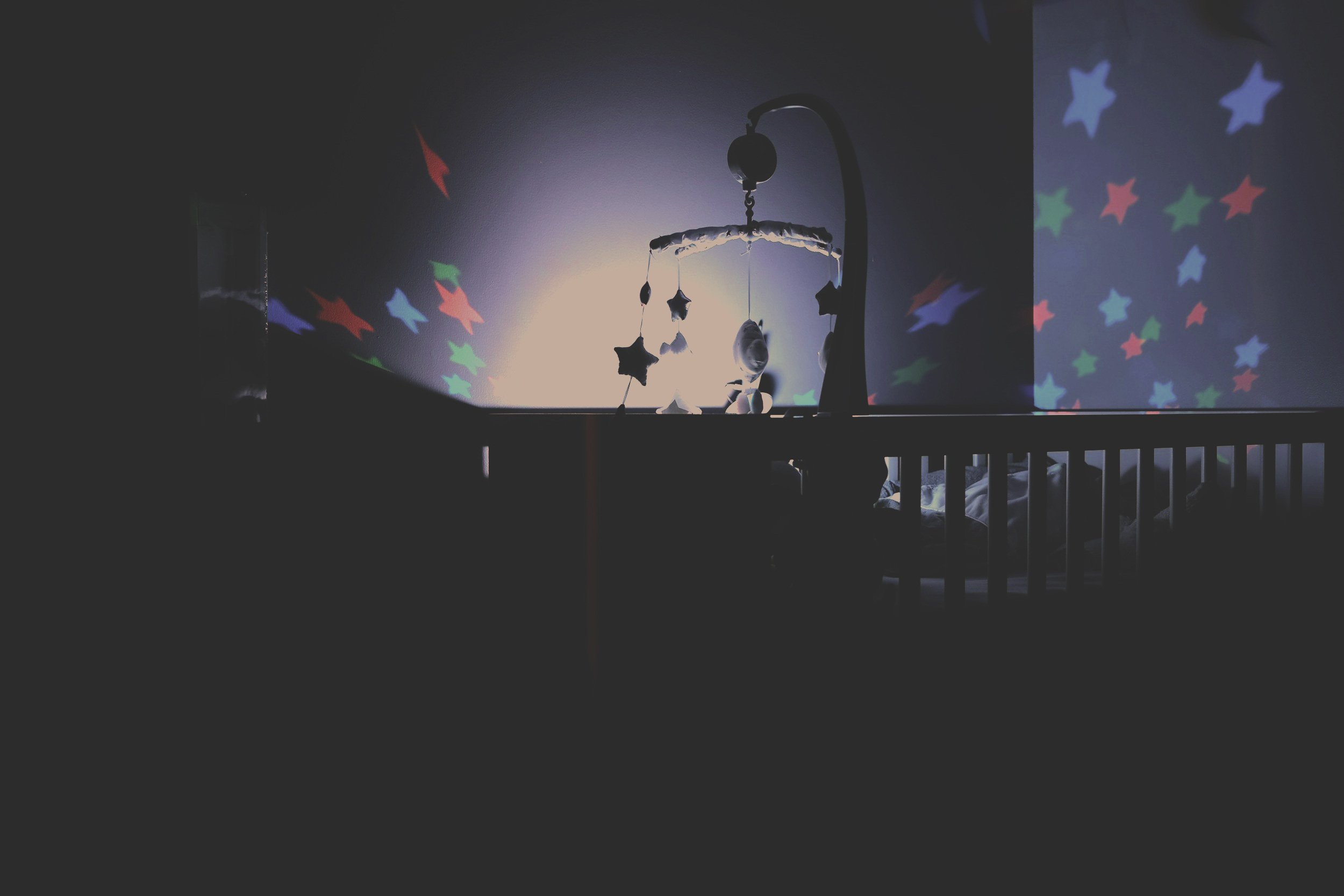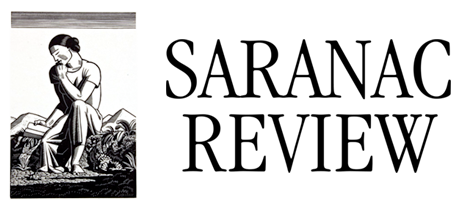
Four Births and a Funeral
Anne Schuchman
Nel mezzo del cammin di nostra vita
Mi ritrovai per una selva oscura
Che la dritta via era smarrita
In the middle of the journey of our life
I found myself again in a dark wood
For the clear path was lost.
(Dante, Inferno I:1-3)
Middle-Aged, Middle Ages: they’re somewhere between ancient and renaissance, but can only be located through the backward glance. How else can you know where the middle is until you reach the very end? Like Dante in the dark wood, you have to get lost before you can find yourself. Meet yourself in the middle.
Should I talk about the last time I saw my mother? She was melting, tears running from her eyes, her nose, dribbling down her chin. She was porous and open. Like birth. But then maybe I know too much about birth.
When people find out I’m a birth doula, they often give me a wistful expression—you’re so lucky. But something about birth that people don’t realize until they’re in it, it’s a big fucking mess. Every human fluid: blood, sweat, amniotic fluid, piss, shit, vomit, tears. Every opening open. No boundaries, no borders between the I and other. The journey of our lives, turning bodies inside out. Then clamp and cut.
But what was I saying about my mother? Melting into the river Styx. I sometimes wonder what she looks like now. I wonder if she’s cold.
*
My phone rang at 11pm.
—I’m so glad you picked up. A couple from my childbirth class just found out their baby died.
Why did I pick up?
—How far along?
—Seven months.
Gaunt bobble-head, tissue-paper skin. Jesus, I don’t want to do this.
—I know you’ve done the training, so that’s why I called you.
As though there’s a training for death.
I meet Tina and Bill at their home, she weeps off and on. Her arms caress her belly, womb and tomb. We arrange to meet at the hospital for the induction, and when I go later that night, her husband isn’t there yet—he had some things he had to take care of. A friend arrives with him a little later and the midwife settles Bill into an armchair, an aura of alcohol surrounds him. His bloodshot eyes stare, unbelieving.
First babies take a long time.
*
Back when my mother had her first babies, before me, they were still using scopolamine and morphine, a clever combo that left you groggy and submissive while also causing you to forget what had happened. Women were tied to their beds, sometimes even blindfolded, legs tied to stirrups. Shaved, cut, forceps. Who can push when she’s half asleep? My mother only found out whether she had had a boy or a girl after she woke up.
But her very first time—everything went wrong, she said. When she woke up from the haze, there was no baby, only my dad in the armchair—shaking, shaken, shook. A nurse whispered—I’ll go get the doctor.
Their daughter (it was a girl) had a rare genetic condition...extra chromosome... incompatible with life...a few days, weeks, perhaps months…if they were lucky.
The morphine bubbled up inside her head and instead of crying my mother laughed.
I—sn’t that funny? They think the baby’s going to die! They’re so funny…
My father keened like a child.
I never saw my father cry. Not even at my mother’s funeral. Maybe he got his tears out all at once in that hospital room, and then never cried again. But my mother never forgave herself for laughing. She wondered, as well, if it was something she had done, something she had eaten, the radium dials on the alarm clock by the side of the bed? There had to be something…
—You were the first baby I ever saw being born. I got an epidural, and it actually felt good to push—to see you. I actually saw you!
*
Tina weeps off and on throughout her labor. I wonder why it’s so quiet and realize there’s no fetal monitor; there’s no heartbeat to trace. Two centimeters, then four, then six and maybe even seven, and the small baby slips through her legs, silent and pale. I’m suddenly aware that I’m holding my breath.
—He’s so beautiful. Tears run down Tina’s cheeks, while Bill is sobbing, his back pressed against the wall.
Where’s the middle of the journey of this life? I wonder.
We dress the baby, all three pounds of him, too small for gestational age. He’s likely been dead a couple of days and stopped growing for a while before that. But he has perfect hands.
A bereavement photographer comes to preserve some memories. It’s hard to imagine wanting to see these photos, but there they are, if they want to remember his perfect hands.
*
My parents were warned not to get too attached to their daughter. (Can you imagine? My mother asks, a rhetorical question. Telling someone not to get attached to her baby?) After a few months in the hospital they brought their baby home. (To die.)
Like when my mom went on hospice. I try to explain to my father. —She’s being discharged from the hospital, but she won’t be going back because—
—It’s a one-way ticket! My father seems confused, yet fascinated.
The last time I saw my mother, I had all four of my kids with me, each one pulling, stretching me in different directions, while my mom melted into her wheelchair, crying. She couldn’t talk any more, she who made her life’s work out of words. Instead her words are tears.
—Respond to your baby’s cries, I tell new parents, as though this is the most obvious, easiest thing. But I don’t tell them that the cries travel up through your belly like a knife and cut into your brain.
The last time I saw my mother I helped her in the bathroom, wiping her ass while she cried, and I told her I loved her. Then I left the dark wood as fast as I could, tree branches scratching my arms, into my veins.
*
Tina had an easy birth, it proceeded smoothly, no tearing, no repair. Her baby is dressed in a donated outfit and a diaper that will absorb the fluids that drain from his body. I leave the room to get ice water and see the bereavement photographer, slumped in the hallway, shoulders shaking from crying.
When I get back to the room, Tina’s mother is there. She’s confused and electric. Why are they dressing the baby if he’s dead? Why are they pretending the baby is alive?
I give Tina and Bill the ice water and guide her mother to the waiting area, ask her if she wants to talk, maybe to pray. She pulls out a well-worn rosary and I pray along, the words like broken glass in my mouth. She trusts me.
Later on she’ll try to revive the baby with holy water and Tina and Bill will have to ask hospital security to keep her away. I know her pain probably comes from her own miscarriage after miscarriage—don’t talk about the baby. But I also want to kill her—a little bit.
*
A few months later I have a cold—a bad, lingering cold, with a strange sore in my nose that hurts every time I blow it. It turns out to be an antibiotic-resistant bacteria that’s made a home in my warm body and likes it there. And so the doctors hit it with stronger and stronger antibiotics until the MRSA moves out of my nose and settles into my leg, where an urgent care doctor scoops it out like a tiny melon ball. (It’s never a good sign when a nurse looks at your wound and says, Oh, shit.)
That terrible cold kept me from going to my mother as she was dying, because I didn’t want to give my cold to someone who had only days to live.
The day before Thanksgiving, the worst travel day of the year, I wake up at 4:30, with the strange sense she’s gone. An hour later the phone rings and it’s my brother. Now I’m the one melting.
7am I get a text from a client’s husband. The Pitocin’s kicked in and her contractions are close, strong, and regular: active labor.
I shower the tears off and change my clothes, and when I get to the hospital, she’s fully dilated and ready to push. I’m there to hold her, feed her ice chips, tell her she’s amazing.
Her baby is delivered by a resident named Jesus, who cuts an episiotomy and perfects his suturing skills.
It’s been six hours since my mother died.
And there’s the baby. A lusty cry.
Anne Schuchman is a writer and translator whose work has appeared or is in press in academic and literary journals, including The Southern Review, The Los Angeles Review, and The Journal of Italian Translation. She has also had nonfiction work adapted for the stage by Premiere Stages-NJ Theatre Alliance. Schuchman holds a PhD in Italian Studies from NYU and an MFA in Creative Nonfiction and Literary Translation from Fairleigh Dickinson University, and her work has been recognized with awards from Fulbright, the National Endowment for the Humanities, and the Folger Shakespeare Library.

